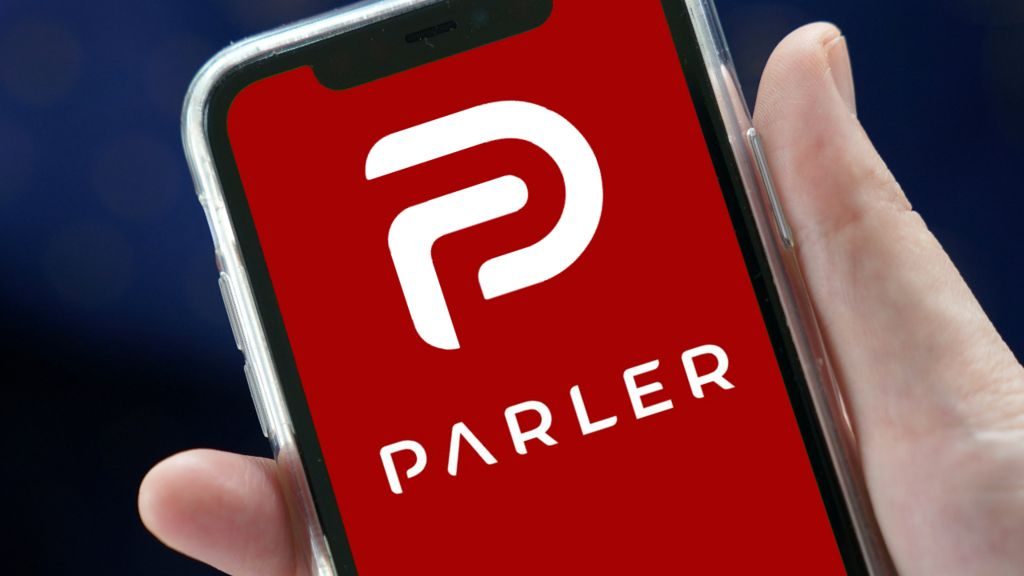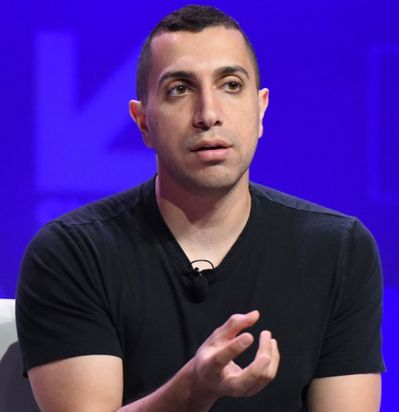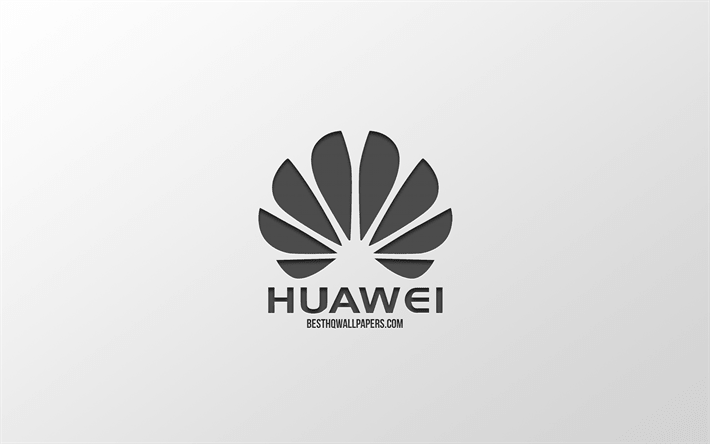Apple Removes the Free Speech Social Media App, Parler, from App Store
The Capitol Hill Siege is one of the most unfortunate incidents. On Wednesday the Donald Trump Supporters came forward to protest against US President Joe Biden’s win. And, the social media company Parler has been accused of having a hand in igniting the riots. The accusation has resulted in the removal of this self-proclaimed ‘Twitter without rules’ app from Apple Store and the Google Play Store.
The Parler App
The Parler app is a community social media app, launched in August 2018 and headquarters in Henderson, Nevada. The app advertises itself as a free-speech app, and most of its users are right-wing extremists. The app has got a huge Donald Trump supporter community who, most of the time, are involved in posting content related to far-right, anti-Semitism, and conspiracy theories. Since the company calls its app the platform for free speech, there is no filtration or moderation service for the posts on the platform.

The app has become a home for the conservatives and the ones who have been banned from the mainstream social media platforms like Facebook and Twitter for their hate speech or hateful posts. This app has also been the topic of criticism for being the cover for its right-extremist user-base. Noticeably, Donald Trump got banned from Facebook and Twitter recently, but on the other hand, the Parler app did not ban Trump from its platform. This act of Parler has attracted all the attention to itself.
The Removal from App Store
As mentioned before, the company does not include any moderation for the posts on the app, and it has been accused of being far-right itself. After the riots, the app is also being accused of supporting the protestors. According to Apple, it has warned Parler many times to update its policy and make some solid changes to it. And, when the riots took place on Wednesday, the California-based technology company Cupertino came forward and gave Parler 24 hours to represent new moderation and post-filter plan to Apple, so that to remain available on the Apple Store.
In return, Parler had told Apple that it is working on the moderation service for the last many weeks. But according to Apple, the company has shown no signs of improvement. Apple said in an email sent to Parler, “We have continued to find direct threats of violence and calls to incite lawless action. It was not removing content that encourages illegal activity and poses a serious risk to the health and safety of users.” Apple further wrote, “We want to be clear that Parler is, in fact, responsible for all the user-generated content present on your service and for ensuring that this content meets App Store requirements for the safety and protection of our users.”
The Response from Parler
On the other hand, the CEO of Parler, John Matze, said in an interview that he and his company doesn’t feel responsible for the riots, “considering we’re a neutral town square that just adheres to the law.” Shortly after Apple removed the app from the App Store, Google also decided on taking down the app from the Google Play Store. Now there is news that Amazon is also looking forward to pulling its support from the app, as Parler is using the AWS services, but again, was found to be violating the AWS Acceptable Use Policy.
The reaction of the Users of Parler
The action led to the criticism of Apple by the conservatives and users of the Parler app. One of the Parler app investors, Dan Bongino, who was also banned from Twitter some time ago, wrote on the site, “The tech tyrants at Apple have pulled the app from their App Store. Apple is no different than the Chinese communist party in its preference for totalitarian thought control. I’m proud of the remaining liberty-loving people of this great country. And I’m embarrassed, and horrified by the tech totalitarians who’ve taken control of it.”
It is really strange to see that Parler has been on the top of all the News apps on the Apple Store and among the top 13 apps on the top charts of non-gaming apps on the Apple store, despite all the complaints against the app. For now, though it is no more available on Apple Store and Google Play Store, people who have the app on their phones will still be able to use the app.

Yashica is a Software Engineer turned Content Writer, who loves to write on social causes and expertise in writing technical stuff. She loves to watch movies and explore new places. She believes that you need to live once before you die. So experimenting with her life and career choices, she is trying to live her life to the fullest.




